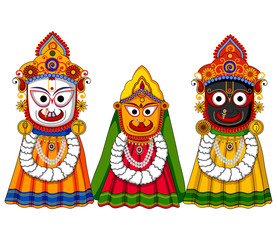Sutra 29
Samadhi as a rain cloud of discrimination
Samadhi como uma nuvem de chuva de discriminação
prasamkhyãne-api-akusidasya sarvathã vivekakhyãteh dharmameghah samãdhih||29||
Having no interest left even towards the highest meditation , there comes from every direction the higuest kind of discrimination leading to dharma megha samadhi.||29||
Não tendo nenhum interesse deixado até mesmo para a mais alta meditação, vem de todas as direções o mais alto tipo de discriminação que leva ao dharma megha samadhi. || 29 ||
In this state , the yogi has extreme ability to experience and enjoy many vibhutis or powers.
Neste estado, o yogi tem extrema capacidade de experimentar e desfrutar de muitos vibhutis ou poderes.
This samadhi showers the yogi with love, devotion, and complete soul consciousness, it is non-stop absorption in one's own Beloved.
Este samadhi inunda o yogi com amor, devoção e completa consciência da alma, é absorção ininterrupta no próprio Amado.
Love and pray
Ame e ore
om shri gurave namah



















